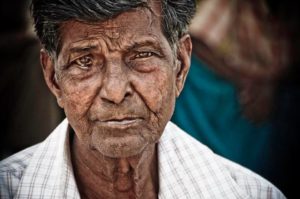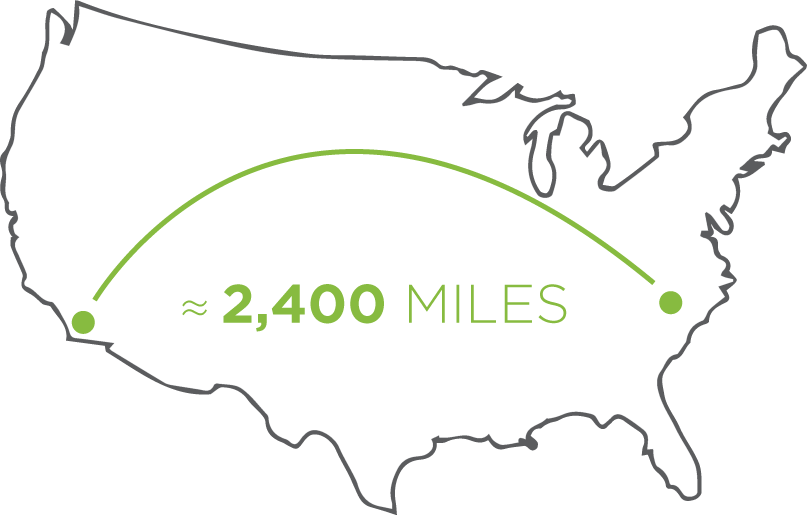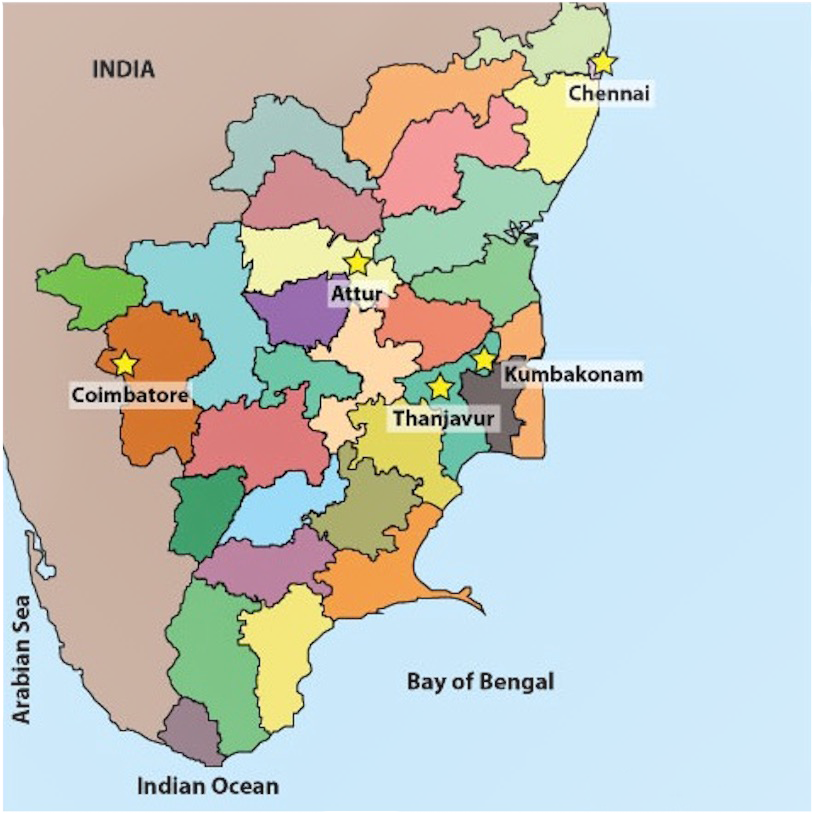Why EAV?
Find Out More About What Makes Us Tick
The Problem
The People
The Place
Our Services
Make An Impact
“‘For I Was Hungry, And You Gave Me Something To Eat. I Was Thirsty, And You Gave Me Something To Drink. I Was A Stranger, And You Invited Me In. I Needed Clothes, And You Clothed Me. I Was Sick, And You Looked After Me. I Was In Prison, And You Came To Visit Me.’
Then The Righteous Will Answer Him, ‘Lord, When Did We See You Hungry And Feed You, Or Thirsty And Give You Something To Drink? When Did We See You A Stranger And Invite You In, Or Needing Clothes And Clothe You? When Did We See You Sick Or In Prison And Go To Visit You?’
The King Will Reply, ‘Truly I Tell You, Whatever You Did For One Of The Least Of These Brothers And Sisters Of Mine, You Did For Me.’”
(Matthew 25:35-40, NIV)
This passage from Matthew is the foundation of our ministry. We remain rooted in Jesus’ words as we continue to serve those affected by leprosy in India. These people – these brothers and sisters of ours – are why our ministry exists.
We are privileged to help a diverse group: men and women of all ages – those with leprosy and the family members of those with leprosy. Entire families have been ostracized because of their association with the disease, but we get to bring the truth that each of them matters and deserves care and compassion.
The Problem
The World Health Organization (WHO) reports more than 16 million people have been treated for leprosy internationally over the past 20 years. The global incidence rate, the number of new cases reported annually, has dropped significantly during these twenty years as efforts to eliminate the disease have increased. Once as high as 750,000 cases per year, the incidence rate has declined since the early 2000s. The latest WHO data drastically reduced to 127,558 new cases worldwide in 2020. Unfortunately, leprosy remains a severe problem in some countries. The COVID-19 pandemic has disrupted program implementation and reduced new case detection by 37% in 2020 compared with 2019, according to WHO.
India accounts for over 50% of all new cases of leprosy. Despite the downward trend in the global incidence rate, India has seen a slight increase in its national incidence rate in recent years. These statistics, of course, represent only the new cases and do not reflect the number of individuals who are already suffering from the side effects of the disease. Leprosy is endemic in several states and union territories of India, with an annual case detection rate of 4.56 per 10,000.

The People
Anyone can contract leprosy, the disease does not discriminate against age, economic class, race, or gender. Although early diagnosis and treatment can prevent permanent disfigurement and disabilities, many people hesitate to seek assistance because of the stigma in India toward those with leprosy.
Those suffering from this disease are shamed and made to feel worthless. They become hopeless, and in most cases, attending spiritual services, pursuing careers, or simply being a productive part of their communities are no longer options for them. As the disease progresses without treatment, permanent disfigurement and physical disabilities are part of their new lives. Begging becomes a standard means of survival. Some, particularly the elderly, cannot care for themselves and are left to end their lives without hope, connection, or fulfillment.
Remarkably, it is not only the person with leprosy who can be cast out of society. Family members, although healthy, may be ostracized merely because of their relationship with someone with the disease. Pushed aside, those with leprosy and their family members likely will live in a leprosy colony outside of mainstream society. While this is unfair to everyone, the children of those with leprosy are impacted significantly. They are equally stigmatized and are denied access to many privileges, such as quality education. With few opportunities available, these children grow up having little hope for a future outside of the colonies. The most probable outcome, sadly, is a perpetuation of colony life. Children often remain in the colonies with their families, and one day, they likely will raise their children there as well.
However, there is HOPE . . .
We witness powerful transformations in the lives of the people we serve. Spirits are uplifted, and physical suffering is alleviated.
Many experience the true love of Jesus Christ for the first time as we share His message of compassion and healing. Some find meaning in Christ through their suffering. They recognize the disease that has isolated them has simultaneously allowed them to hear the loving truth of Jesus and connect with His family.
Invigorated by positive experiences, individuals become vessels to revitalize the colonies in which they live. People once made to feel worthless now feel empowered and have a sense of dignity. Some who have been treated for leprosy have been uplifted by what God has done for them and have felt called upon to help meet the needs of others by helping to administer wound and bandage care. A vibrant, joyful energy radiates from within the communities as people’s spiritual and physical needs are being met.
Children also have a brighter future. Through after-school tutoring and our Little Lights program, many of them are excelling in school and have plans to attend college. These children are the future of India. We hope that they will integrate into mainstream society and help to break the perpetuation of colony life.
The Place
Embrace A Village works across the state of Tamil Nadu. The team travels around over 4000 kilometers (2485.4 miles) in a month to reach out to the people in Tamil Nadu. – the approximate driving distance from Charlotte, North Carolina to Los Angeles, California. We have bases in Chennai (the capital of Tamil Nadu), Coimbatore, Kumbakonam, Attur, and Thanjavur. We provide services to 35 villages within this region.


Our Services
It is an honor to watch our services expand since we started in 2003, then supporting five colonies. Today, we serve in more than 35 colonies throughout Tamil Nadu, with a vision to expand Jesus’ message of hope and healing across India.
Much of this growth is due to the loving hearts of our Embrace A Village team. Some of our staff have grown up in colonies themselves. Each day, they work long hours providing medical services, shoes, foot care, hygiene information, rice, nutrition advice, daycare, educational programs, a hospice center for the elderly, and spiritual services to the residents of the colonies. Their love for God and their fellow man are inspirational.
Through after-school tutoring, we see children thriving in their studies! Through quality education, they have the opportunity to break the cycle of colony living and poverty in their families. Our dream is to see the children we serve continue to pursue their passions and God-given gifts through higher education and trade schools.
People in the leprosy colonies are very receptive to the services of Embrace A Village, we can share a message of hope and compassion everywhere we go. Too many have suffered not only physically but mentally and emotionally because of leprosy. We get to remind them that they are worthy of care and of a bright future.
Many have come to know God’s love for them and that He has an eternal promise for each person. By the grace of God and your support, we are making an impact in many lives!
